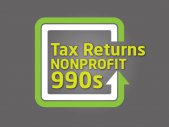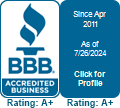Which form to file: 990-N or 990-EZ?

When making a decision on which form to file with the IRS, you need to take into consideration the following:
1) Gross revenues of the organization for the past year;
2) The amount of the Assets;
3) Future plans for development of the non-profit organization.












